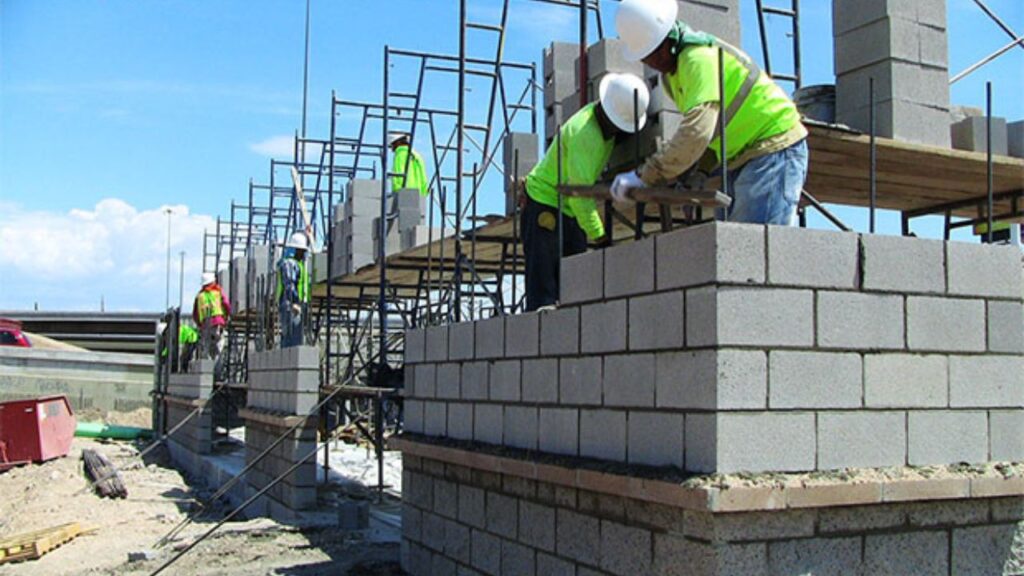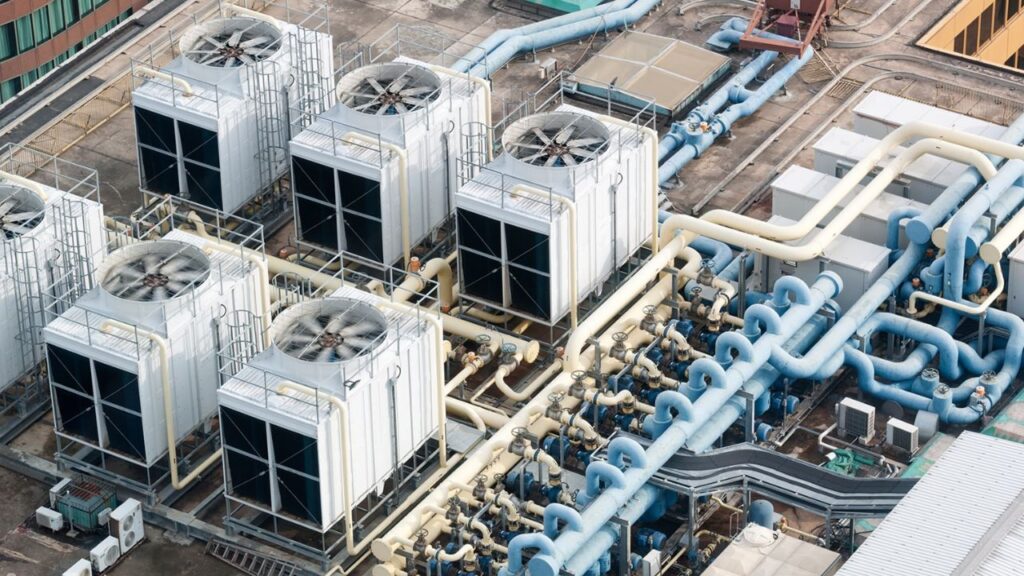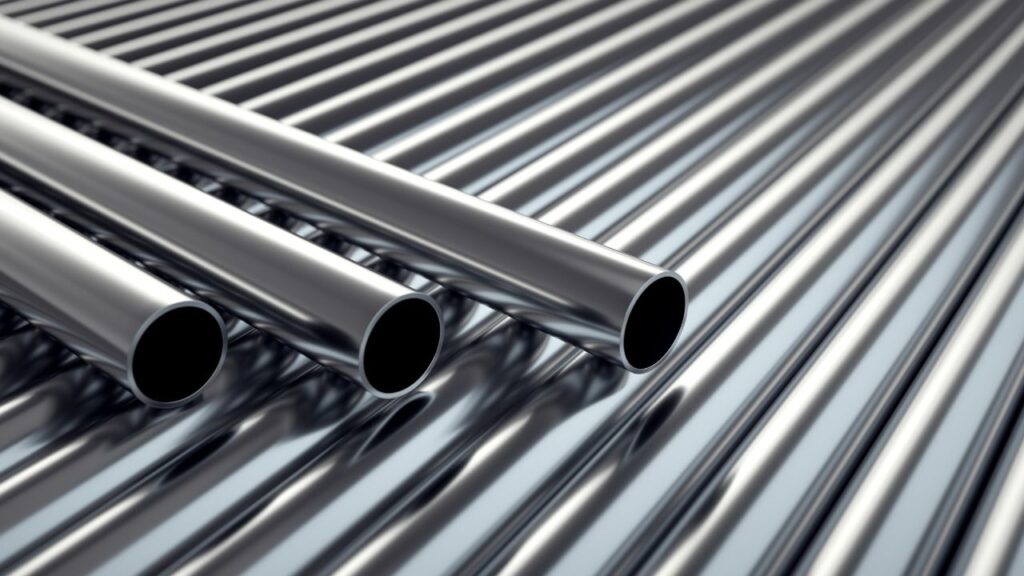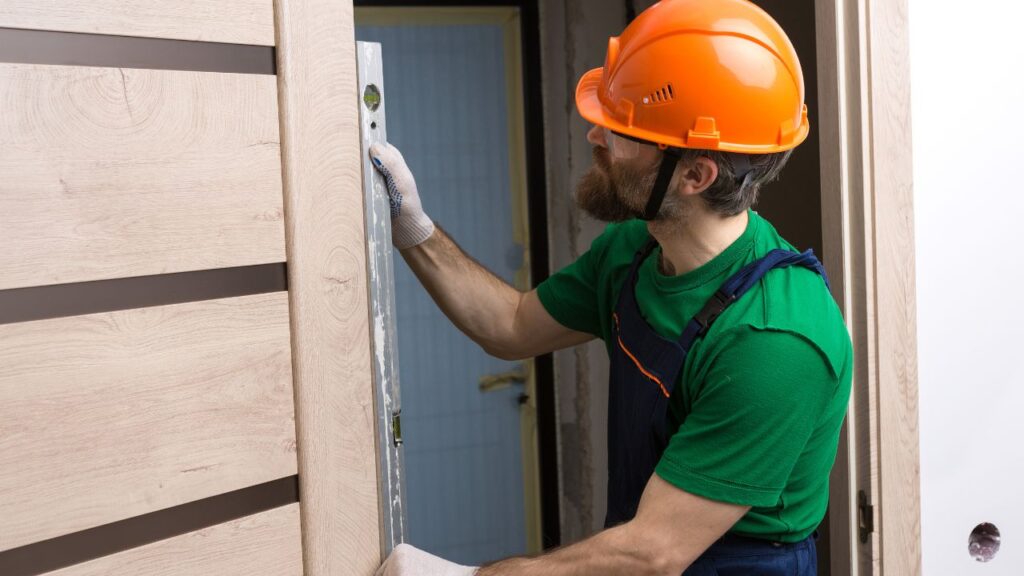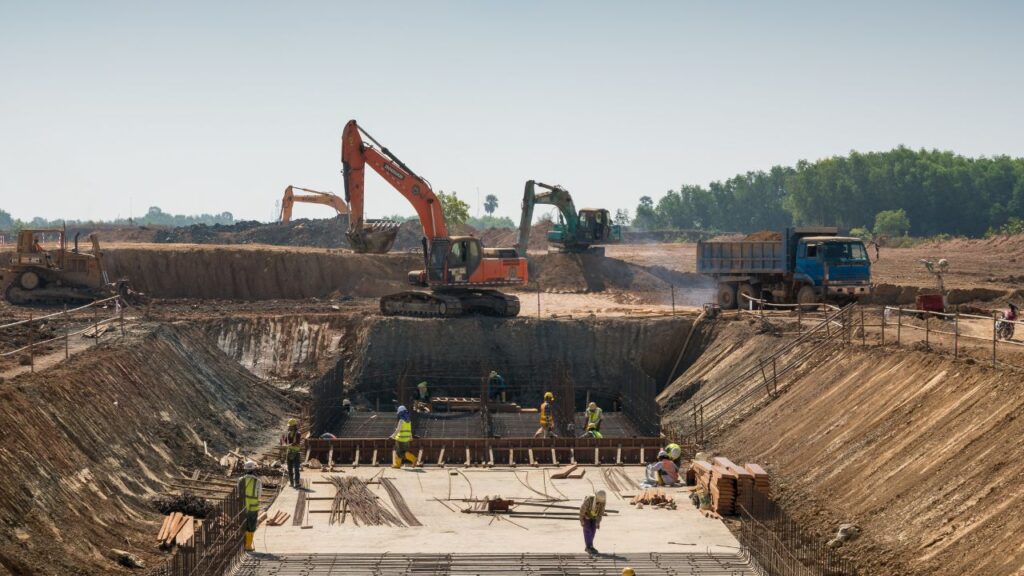- Homepage
- Blogs
Elevator Installation Cost for Homes
Leading provider of elevator installation cost estimating.
The typical cost for installing a home elevator is about $4,656, though prices can range from $2,975 to $6,654. The final cost will vary depending on factors like the type of elevator, whether it’s a retrofit installation, the number of floors it will serve, and any customizations you choose.
Adding a home elevator isn’t just about making it easier to move groceries or heavy items upstairs. It also enhances wheelchair accessibility and can significantly boost the home’s resale value, making it a wise investment for accessibility and long-term property appreciation.
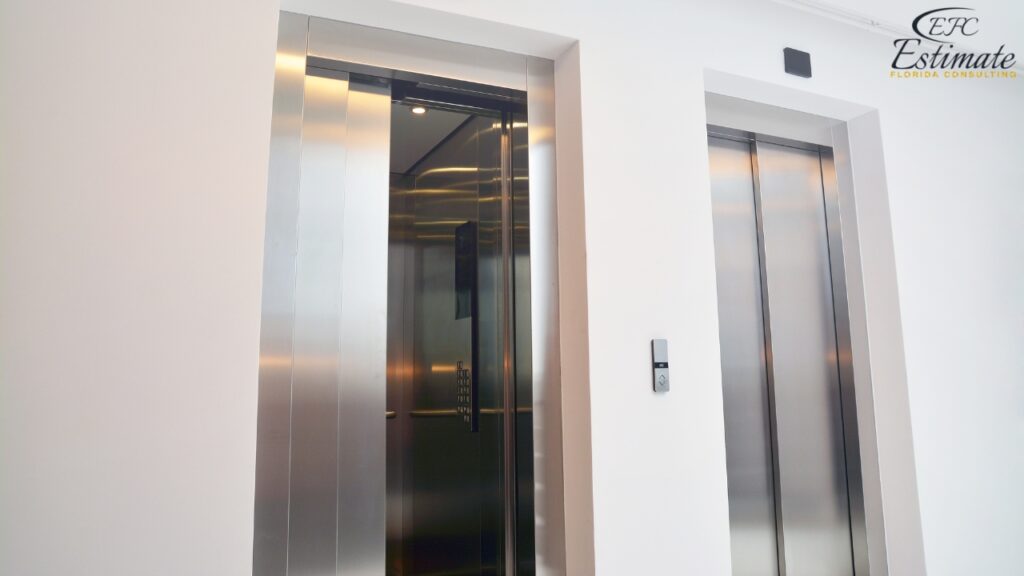
Home Elevator Cost by Type
Here’s an overview of home elevator costs based on the type you choose, which can have a major impact on the total price. While brands may vary in their unique features, the core mechanics are typically similar across elevator types. An experienced installer can guide you toward the best option for your home.
Elevator Type | Cost Range |
Vertical platform lift | $5,500–$22,000 |
Pneumatic elevator | $38,500–$66,000 |
Hydraulic elevator | $27,500–$55,000 |
Shaftless elevator | $16,500–$27,500 |
Cable-driven elevator | $16,500–$38,500 |
Geared traction elevator | $27,500–$41,800 |
Gearless traction elevator | $31,900–$60,500 |
Outdoor elevator | $2,200–$11,000 |
Win More Projects With Us
Vertical Platform Lift Cost
A vertical platform lift is an economical choice for a basic indoor elevator that can travel up to 14 feet. The cost typically ranges from $5,500 to $22,000, and it can be installed both indoors and outdoors with various customization options.
If structural modifications are required, such as adding additional studs or ramps, expect extra charges for these adjustments to ensure proper installation and support.
Cable-Driven Elevator Cost
Cable-driven elevators typically cost between $16,500 and $38,500, with an additional expense of $2,200 to $3,300 for cable replacements every three to five years.
This widely recognized type uses a traction steel rope system attached to a counterweight drum, powered by an electric motor gearbox. While it doesn’t require extensive space, the drum itself can be bulky.
Get Acquainted
How To Get MORE LEADS For Your Construction Business
Top 10 Tips to Running a Successful Construction Business
Geared Traction Elevator Cost
The cost for a geared traction elevator ranges from $27,500 to $41,800. These elevators operate with a geared pulley system, which takes a bit longer to reach each floor but can help reduce energy costs. While these elevators are slower than their gearless counterparts, they’re well-suited for residential use, with a maximum travel distance of up to 250 feet. However, maintenance costs can be higher than with gearless models.
Gearless Traction Elevator Cost
Gearless traction elevators typically cost between $31,900 and $60,500 to buy and install. This compact design is a popular choice for retrofitting existing homes, as it doesn’t require a pit or dedicated machine room. Instead, it operates with a track and counterweight system, only needing sufficient space above the shaft to house the equipment.
Outdoor Elevator Cost
Outdoor elevators are one of the most affordable types, with prices ranging from $2,200 to $11,000. Constructed from durable materials like aluminum, these elevators are designed to withstand the elements and can be tailored with different platform sizes and features to meet your needs.
Pneumatic Elevator Cost
Pneumatic elevators are the most expensive, with costs typically between $38,500 and $66,000. These modern elevators feature glass cabins that provide a clear view of the surroundings, giving the home a sleek, contemporary look. They require minimal space and are meant to be visible, making them less suitable for those seeking a private option. Pneumatic elevators work by using vacuum pressure to move the cabin between floors.
Hydraulic Elevator Cost
Hydraulic elevators usually cost between $27,500 and $55,000. Known for durability, these elevators function via a hydraulic pump and cylinder system that lifts and lowers a piston to move the cab. They’re quieter than other elevator types, don’t need a separate mechanical room, and are well-suited for larger capacities and higher floors, ideal for wheelchair-accessible homes.
Shaftless Elevator Cost
Shaftless elevators cost between $16,500 and $27,500. Small and compact, they are designed for single-person use in small spaces, with a travel range of only one floor. Installation is straightforward, often requiring just a ceiling cut or attachment to an exterior wall.
If you’re interested in a custom-built elevator, additional features like tile, wood paneling, or concealed installation behind walls can be added. Custom options can bring the total cost up to $77,000 or more, depending on the complexity of the design.
Elevator Installer Costs
Hiring an elevator installer can range from $770 to $16,500, reflecting the complexity of the installation. Homes requiring significant modifications to fit the elevator (retrofitting) will incur higher labor costs due to the additional work involved. The final cost is affected by several tasks that installers must complete:
- Site Inspection: $77–$1,650
- Framing and Shaft Construction: $220–$4,950
- Lift and Wiring Set Up: $330–$6,600
- Installing Doors and Sensors: $110–$2,200
- Testing and Adjustments: $33–$1,100
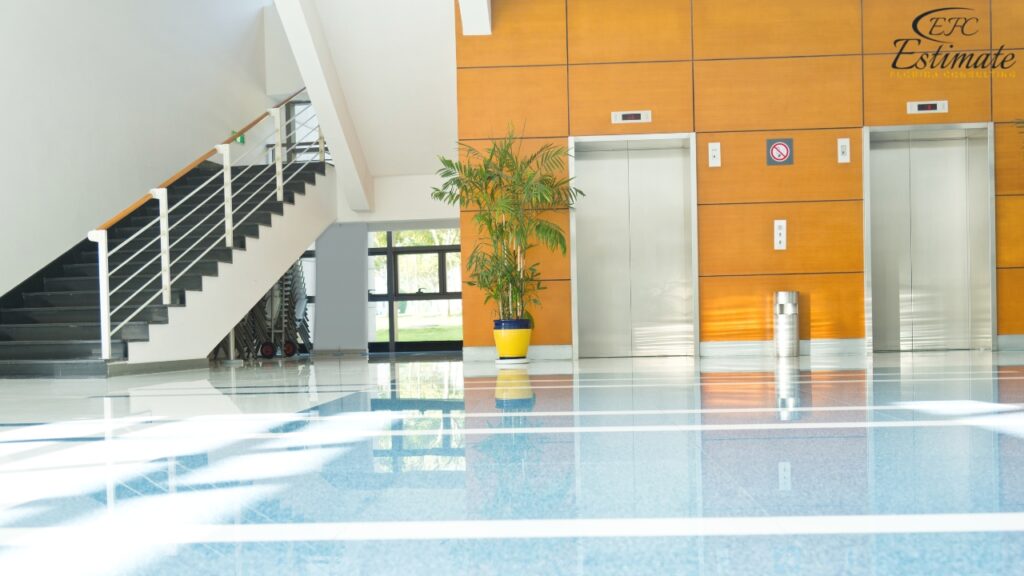
Additional Pros to Consider Hiring
In addition to elevator companies, local general contractors with the appropriate credentials can sometimes perform these installations, provided local codes permit it. Many areas allow general contractors to handle smaller elevator installations (up to 5,000 pounds) and lifts, though some regions may require licensed elevator specialists. Checking with your local building permit office will clarify any legal requirements for your project.
General contractors can oversee the entire process, from initial planning and purchasing to final inspections. For projects involving retrofitting or other significant construction, hiring a contractor to manage the process may be worthwhile even if an elevator company handles the installation itself. General contractor costs average around $4,400, with daily rates typically between $330 and $550.
Additional Cost Factors
The majority of an elevator installation’s expenses come from materials and labor, but other specific details can add to the overall cost.
Equipment and Materials
Expect to pay between $1,100 and $44,000 for elevator equipment. While it may seem like a simple setup, every elevator includes machinery and systems that impact the total cost.
- Hoistway: This is the elevator shaft, necessary for most models except shaftless elevators. The complexity of the hoistway varies by model and influences the overall system cost.
- Machine Room: Many elevators require a machine room to house components like the control box, hydraulic tank, drum motor, and cables. Models without machine rooms contain their motors and controls within the shaft, which can affect the cost.
- Structure Equipment: The structure includes guide rails, rail brackets, a counterweight system, and mechanical devices essential for the drive. Each model requires a different setup, affecting equipment costs.
- Car: Elevator cars vary from basic to luxury. Adding elements like seating, lighting, mirrors, specialty paneling, or matching decor to your home can increase the price by $330 to $5,500 or more.
Site Preparation
Preparing the site for installation can range from $550 to $16,500, depending on the work required to create the necessary space for the elevator cabin.
Number of Floors
The elevator’s travel distance impacts both labor and material costs. For each floor beyond a single story, plan to budget an extra $5,500 to $16,500. For a four-story home, this could add $16,500 to $49,500. Keep in mind that platform lifts and shaftless elevators are generally limited to two floors, so these aren’t options for taller homes.
New Construction vs. Retrofitting
Installing an elevator during new construction is generally easier and less expensive than adding one to an existing home. In new builds, you can plan the space for the elevator shaft and equipment, whereas retrofitting requires creating or clearing space, moving HVAC systems, and relocating electrical or plumbing, which can increase costs by up to three times.
Customizations
If you want an elevator that matches your home’s decor, options like custom glass panels or Victorian-style wood details can push costs above $55,000. Adding smaller design touches, built-in phones, or music speakers are more affordable customizations worth comparing.
Gates and Doors
Standard accordion gate doors are functional but not always the most stylish. Upgrading to decorative or automatic sliding doors that blend with your home’s design can add up to $27,500. Concealed doors can also be a valuable investment for resale purposes.
Inspections and Maintenance
Regular maintenance and inspections are essential to keep your elevator safe, compliant, and operational. Plan for the following:
Requirement | Cost Range |
Building permit | $220–$2,200 |
Annual inspection | $83–$330 |
Annual maintenance contract | $220–$385 |
While maintenance contracts aren’t mandatory, they’re often cost-effective, as elevator repairs can be expensive. Contractors typically charge $83 to $110 per hour, and many maintenance contracts include annual inspections.
Elevator Brand
Different brands offer various options in terms of style and price range. Here’s a look at some popular brands:
Elevator Brand | Average Cost Range |
Easy Climber | $13,200–$17,600 |
Telecab | $30,800–$38,500 |
Stiltz | $22,000–$27,500 |
Inclinator | $27,500–$38,500 |
Cost to Install a Residential Elevator Yourself
Installing a residential elevator on your own is not a typical DIY project, even if you purchase a home elevator kit. This task involves complex electrical work and structural renovations, including removing load-bearing walls and reinforcing your home to support the elevator’s weight. Without professional expertise, the risks of handling such intricate machinery and construction work are high.
Additionally, many local safety and accessibility codes require a licensed professional to handle elevator installations, so attempting this yourself could result in costly setbacks. When it comes to safety and compliance, this is one job best left to the pros.
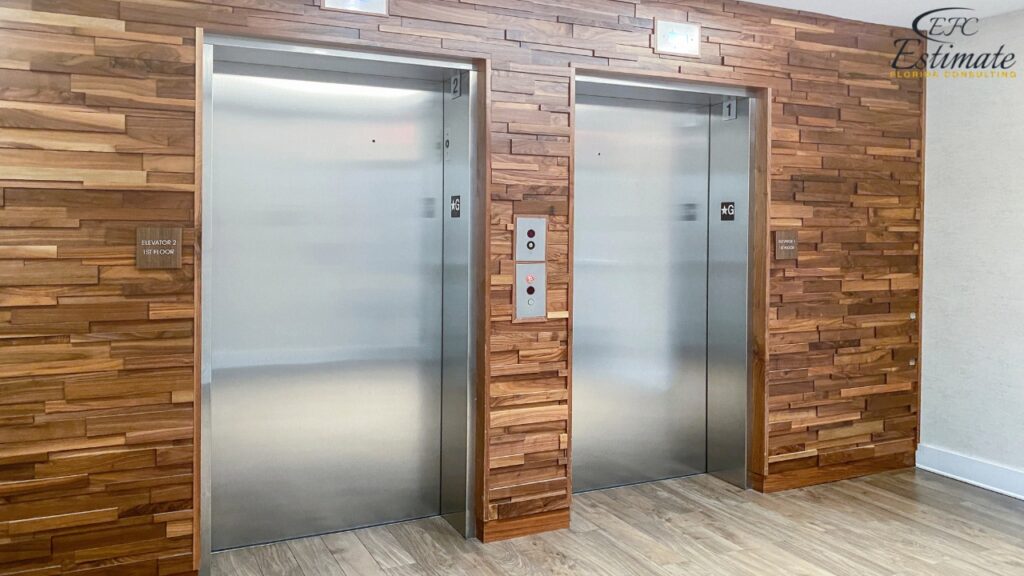
5 Ways to Save Money When Installing a Home Elevator
Although elevator installations carry a high price, here are some strategies to reduce costs:
Opt for a Basic Design
Simple models like vertical platform lifts and cable-driven elevators are budget-friendly. Think about whether you truly need a high-end pneumatic model with custom glass. Sticking to a straightforward design can keep expenses in check.
Stick With Small Options
If a spacious 5-by-7-foot elevator isn’t necessary, consider a more compact 3-by-4-foot design. This option is more affordable and may still meet your needs, even if it only fits one person at a time.
Limit the Number of Floors
Do you need access to every floor in a four-story home? Limiting the elevator to two stories can significantly cut costs.
Avoid Retrofitting
If you’re building a new home, installing an elevator during construction is far more economical than retrofitting later. Adding an elevator to an existing home requires extensive modifications, which can drive up costs substantially.
DIY Prep or Finish Work
If you’re comfortable with DIY, ask your contractor about simple prep or finishing tasks you could handle to reduce labor charges. Small tasks like painting or minor site prep can make a noticeable difference in overall costs.
Does a Home Elevator Increase Home Value?
While installing a home elevator can be costly, it often provides a solid return on investment (ROI), averaging around 50%. Typically, adding an elevator can increase your home’s value by 10% to 20%, though actual returns will vary based on factors like neighborhood, property type, and the elevator model.
To maximize ROI, it’s wise to choose an elevator style that complements your home. For instance, a high-end elevator may be ideal for a luxury property, while matching the elevator’s design with your home’s architectural style can enhance appeal.
Elevators are especially beneficial in homes with three or more stories, as they add convenience and accessibility, which many buyers value. Even in a two-story home, an elevator can attract buyers planning to age in place or seeking a “forever home” with easy long-term accessibility. Therefore, even a simple elevator model can provide an attractive boost to your home’s value.
Download Template For Elevator Installation Project Breakdown
- Materials list updated to the zip code
- Fast delivery
- Data base of general contractors and sub-contractors
- Local estimators

Conclusion
Installing a home elevator is a significant investment that provides both convenience and accessibility. Costs vary widely based on factors like elevator type, customizations, and whether it’s a new installation or retrofit. While the upfront expense may seem high, an elevator can increase a home’s resale value by 10% to 20%, particularly in multi-story properties. Choosing the right model and installer can ensure long-term benefits, including enhanced accessibility and appeal for future buyers. With options from budget-friendly platform lifts to luxurious pneumatic elevators, homeowners can find a solution that fits both their needs and budget.
Question Answer
Frequently Asked Question
The typical installation cost is about $4,656, with a range from $2,975 to $6,654, depending on the elevator type, number of floors, and customizations.
- Vertical platform lift: $5,500–$22,000
- Pneumatic elevator: $38,500–$66,000
- Hydraulic elevator: $27,500–$55,000
- Shaftless elevator: $16,500–$27,500
- Cable-driven elevator: $16,500–$38,500
- Geared traction elevator: $27,500–$41,800
- Gearless traction elevator: $31,900–$60,500
- Outdoor elevator: $2,200–$11,000
Yes, annual maintenance contracts cost between $220 and $385, and regular inspections range from $83 to $330.
Factors include elevator type, number of floors, site preparation, customizations, retrofitting needs, and local permitting fees.
Installing a home elevator is not a typical DIY project due to the complexity and safety codes involved. Professional installation is recommended.
Consider a simpler model, limit the number of floors served, opt for smaller sizes, avoid retrofitting, or handle DIY prep work to lower costs.
Yes, home elevators can increase property value by 10% to 20% and provide a solid ROI, especially in multi-story homes.
Outdoor elevators are affordable ($2,200–$11,000) and made with durable materials like aluminum to withstand weather conditions, making them a viable option for exterior access.
Comprehensive Trade-Specific Estimates
At Estimate Florida Consulting, we offer detailed cost estimates across all major trades, ensuring no part of your project is overlooked. From the foundation to the finishing touches, our trade-specific estimates provide you with a complete and accurate breakdown of costs for any type of construction project.

Testimonials
What Our Clients Say
We take pride in delivering accurate, timely, and reliable estimates that help contractors and builders win more projects. Our clients consistently praise our attention to detail, fast turnaround times, and the positive impact our estimates have on their businesses.
Estimate Florida Consulting has helped us win more bids with their fast and accurate estimates. We trust them for every project!

Steps to Follow
Our Simple Process to Get Your Estimate
01
Upload Plans
Submit your project plans, blueprints, or relevant documents through our online form or via email.
02
Receive Quotation
We’ll review your project details and send you a quote based on your scope and requirements.
03
Confirmation
Confirm the details and finalize any adjustments to ensure the estimate meets your project needs.
04
Get Estimate
Receive your detailed, trade-specific estimate within 1-2 business days, ready for your project execution.





